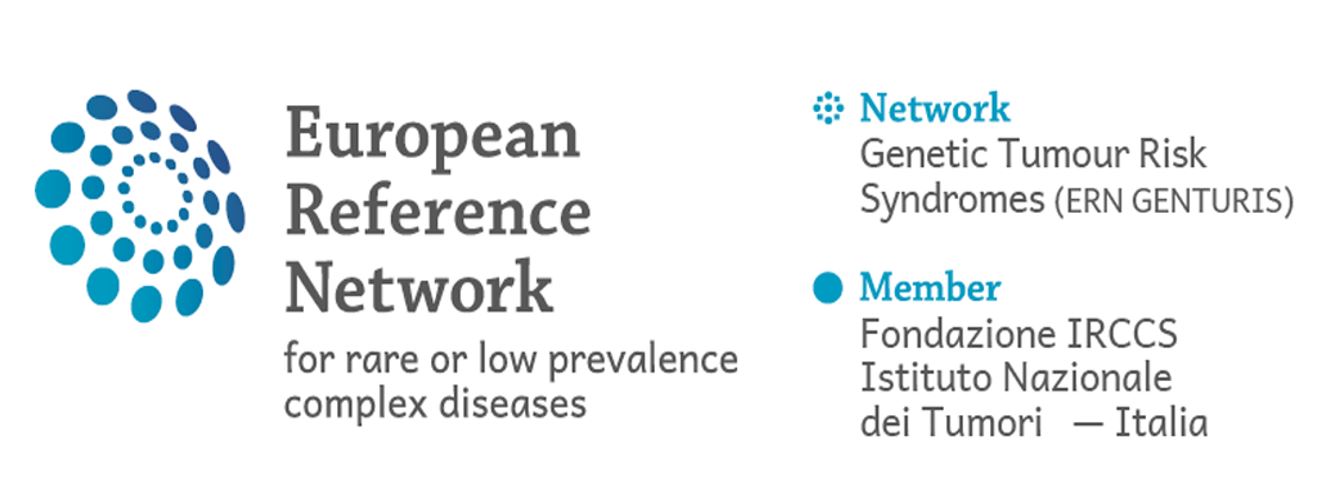GASTROENTERIC TUMORS
Gastroenteric Tumors
The aim of our research is to investigate every aspect of gastrointestinal cancer, including molecular characterization of tumors, development of new treatment modalities and population-wide multicenter trials.
The Gastrointestinal Medical Oncology Unit focuses on the following neoplasms:
- Esophageal, gastro-esophageal junction and gastric cancer
- Small bowel cancer
- Colon rectal cancer
- Anal cancer
- Biliary tract cancer
- Pancreatic cancer
- Cancer of Unknown Primary (CUP)
The mission of our Institution is to move forward the research for the clinical benefit of our patients via a multidisciplinary approach.
Our multidisciplinary care team involves different institutional professional such as oncologist, surgeon, pathologist, endoscopist, radiotherapist, radiologist and nutritionist. It works closely in order to customize each patient’s treatment.
The research performed at our Institution is focused on 3 key areas: translational research, clinical research, personalized risk-life assessment.
Translational analyses are performed with the collaboration of molecular pathologist and basic science researchers. Up to now, we have create a bio-bank ad database where each cancer tissue (residual after pathologic evaluation) is extensively analyzed in order to find associated and targeted treatment and improve patients’ outcome. These tools allow us to understand how molecular changes are associated to drug resistance.
Our clinical research consists of several clinical trials whose aim is to implement personalized cancer therapy and improve patients’ outcome. Our Unit is involved in numerous international protocols, both academic and sponsored. In some of these, our centre represents the top recruiter.
In collaboration with our biostatistician we have developed a personalized risk-life assessment. Nomograms were build and validated in a heterogeneous series including refractory gastric and colorectal cancer patients. This useful tool allows physicians to select refractory metastatic cancer patients who can have a meaningful benefit from new treatment’s option.



















